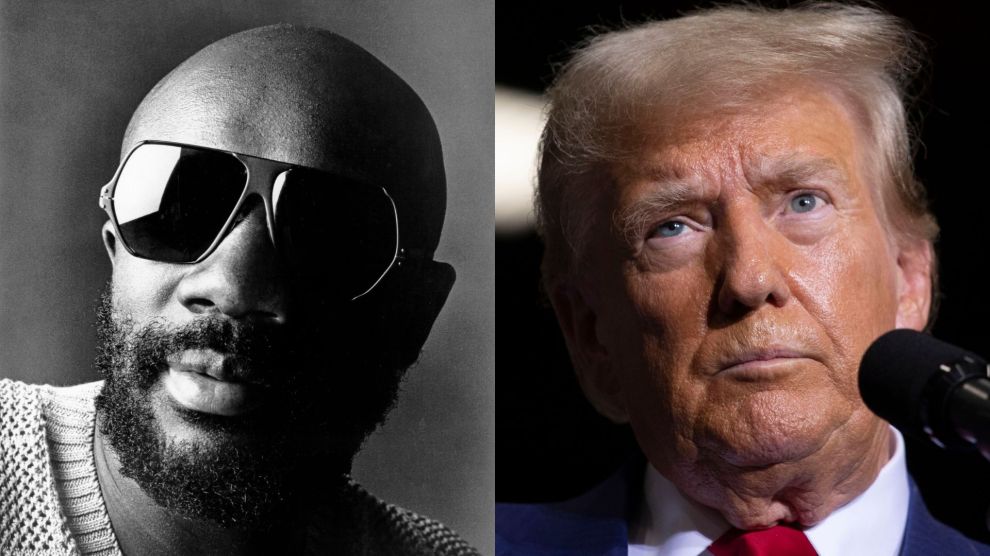A federal judge has ruled former President Donald Trump and his campaign must pause on using the song “Hold On, I’m Coming.”
The decision arrives as part of a legal battle between the estate and the former President of the United States. The former is suing Trump for $3 million after allegedly finding over 130 instances where the song was used at his campaign rallies without permission.
Judge Thomas Thrash Jr. made the ruling from the bench in court in Atlanta, Georgia. “I do order Trump and his campaign to not use the song without proper license,” he said.
The judge denied a motion by the Hayes estate to force the Trump campaign to take down any previously recorded uses of the song.
Ronald Coleman, an attorney for Trump, told members of the media after the hearing that “the campaign has no interest in annoying or hurting anyone. And if the Hayes family feels it hurts or annoys them, that’s fine, we’re not going to force the issue.”
Coleman said they were pleased the judge didn’t order the campaign to take down any previous uses of the song.
Before it went hearing, Hayes’ son, Isaac Hayes III, came forward to claim that the artist’s estate had received confirmation that the Trump campaign does not have legal permission to use the song.
This comes following the estate claiming that they withdrew licensing rights once Trump began using the song at his rallies back in 2020. In the lawsuit, they claim that despite the rights being revoked four years ago, the former POTUS continued to use the song.
They claim he is liable for a $150,000 fine for each allegedly illegal use, and are suing him for $3million.
In order for a song to be used as part of a political rally, the team behind the campaign must obtain a “political entities license” from organizations like BMI. Artists are allowed to remove their music from these licenses.
“We are very grateful and happy for the decision by Judge Thrash,” Isaac Hayes III said after the hearing. “I want this to serve as an opportunity for other artists to come forward that don’t want their music used by Donald Trump or other political entities.”

